Pavis – Gateway to Adventure: The Classic RPG City is Back! (Part Two)
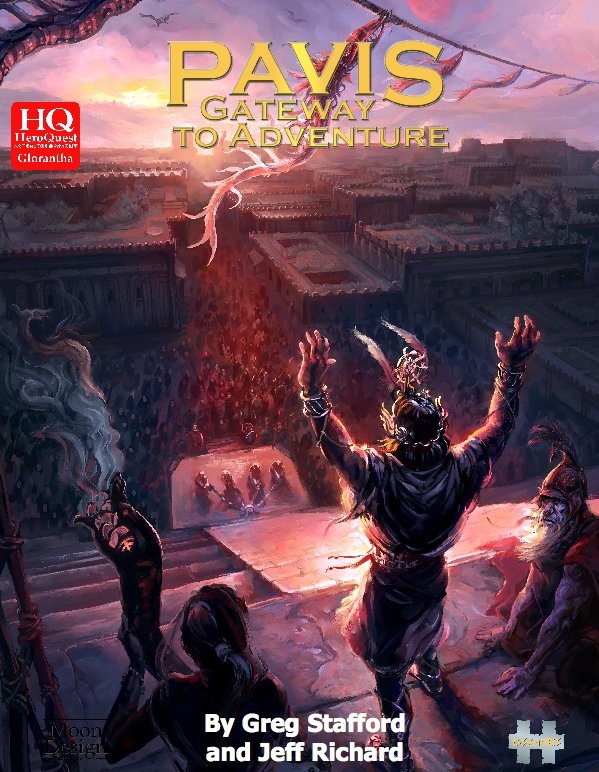 Last week I began my review of Pavis – Gateway to Adventure, the new RPG supplement from Moon Design Publications for its HeroQuest roleplaying game in the fantasy world of Glorantha, with a bit of history of this greatest of RPG cities, and an overview of what this massive new book contains. This week, I’d like to look at the book’s content in far more detail, with a chapter-by-chapter breakdown of just what you get in its 416 pages.
Last week I began my review of Pavis – Gateway to Adventure, the new RPG supplement from Moon Design Publications for its HeroQuest roleplaying game in the fantasy world of Glorantha, with a bit of history of this greatest of RPG cities, and an overview of what this massive new book contains. This week, I’d like to look at the book’s content in far more detail, with a chapter-by-chapter breakdown of just what you get in its 416 pages.
Chapter by Chapter
To begin with, the book’s cover is a nice full colour painting depicting a priest of the cult of Pavis, the city god, atop the ziggurat-like temple of Pavis in the new city, facing east over assembled city-folk and worshippers as the sun rises. In contrast to the green and earth tones of the previous two Sartar books, the cover is predominantly pinks, purples, and greys, emphasizing the hazy, desert-like environment of the city. It gives a feel for the predominance of religion – and religious intrigue – in the city.
After credits, contents, and introduction sections, the book launches straight into “Making Your Character”. If you have Sartar: Kingdom of Heroes, you’ll know what to expect here; except that in addition to the Sartarite settlers of Pavis County, there are also HeroQuest keywords and character creation guidelines for Old Pavisites, Sun Domers, Zola Fel Riverfolk, and even Lunar Settlers.
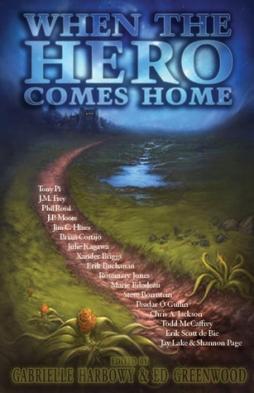 When the Hero Comes Home is an anthology from Dragon Moon Press co-edited by Garbielle Harbowy and Ed Greenwood. It’s a surprisingly thin book, given that it holds nineten stories by twenty writers (including two Black Gate contributors, Peadar Ó Guilín and Jay Lake, in collaboration with Shannon Page). Its theme is exactly what it says: the homecoming. The point where the story usually ends. I have some reservations about how the book turned out, but the idea’s intriguing: what do you find when you make it back to where you began? Has the place changed, or have you?
When the Hero Comes Home is an anthology from Dragon Moon Press co-edited by Garbielle Harbowy and Ed Greenwood. It’s a surprisingly thin book, given that it holds nineten stories by twenty writers (including two Black Gate contributors, Peadar Ó Guilín and Jay Lake, in collaboration with Shannon Page). Its theme is exactly what it says: the homecoming. The point where the story usually ends. I have some reservations about how the book turned out, but the idea’s intriguing: what do you find when you make it back to where you began? Has the place changed, or have you?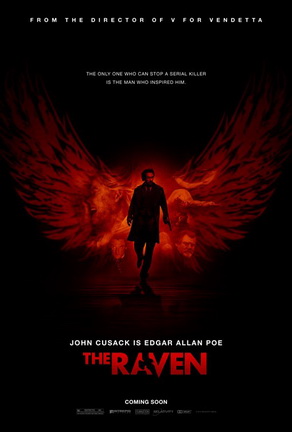 The Raven (2012)
The Raven (2012)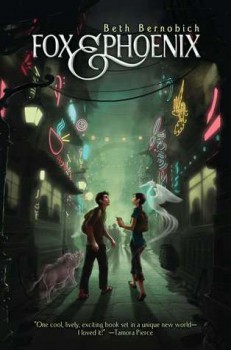 Fox and Phoenix
Fox and Phoenix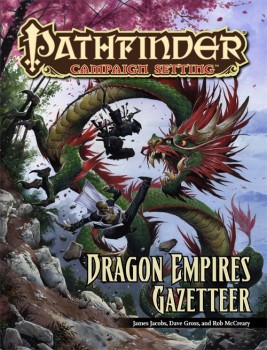
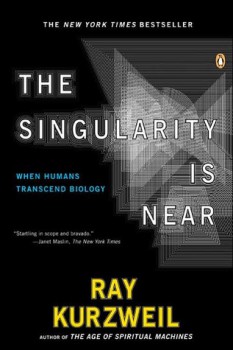 In 2045 we will reach Event Horizon, aka the Singularity. In that year we will transcend biology and our bodies will meld with machines. “There will be no distinction, post-Singularity, between human and machine or between physical and virtual reality,” predicts author Ray Kurzweil in his 2005 treatise The Singularity is Near.
In 2045 we will reach Event Horizon, aka the Singularity. In that year we will transcend biology and our bodies will meld with machines. “There will be no distinction, post-Singularity, between human and machine or between physical and virtual reality,” predicts author Ray Kurzweil in his 2005 treatise The Singularity is Near.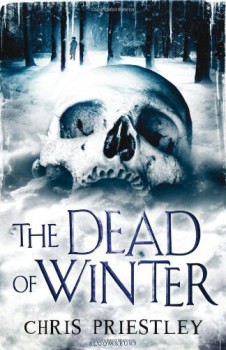 The Dead of Winter
The Dead of Winter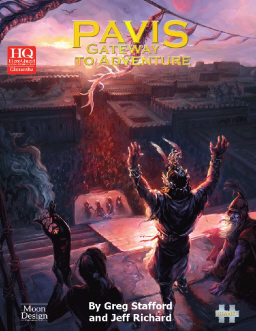
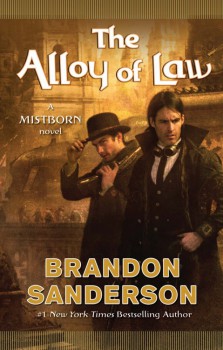 The Alloy of Law
The Alloy of Law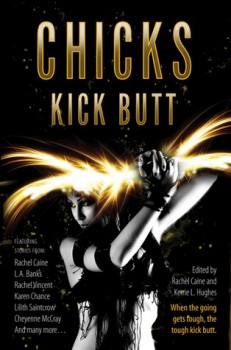 Chicks Kick Butt
Chicks Kick Butt